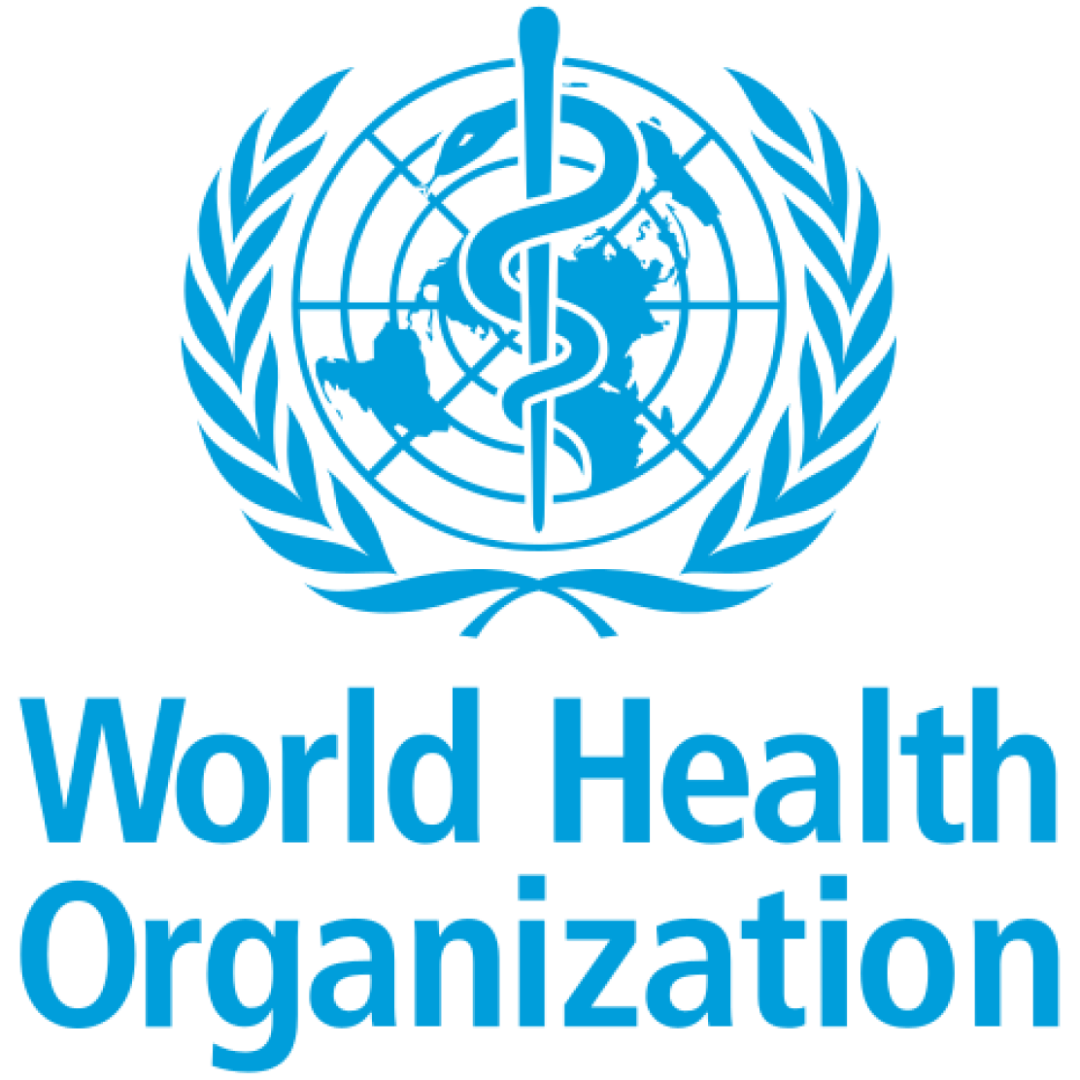
WHO Report warns of slowing global health gains
On May 15, 2025, the World Health Organization (WHO) announced it has published its World health statistics report 2025, revealing the deeper health impacts caused by the COVID-19 pandemic on loss of lives, longevity and overall health and well-being. I
In just two years, between 2019 and 2021, global life expectancy fell by 1.8 years—the largest drop in recent history— reversing a decade of health gains. Increased levels of anxiety and depression linked to COVID-19 reduced global healthy life expectancy by 6 weeks—erasing most of the gains made from lower mortality due to noncommunicable diseases (NCDs) during the same period.
The report also summarizes global data on progress towards WHO’s triple billion targets, revealing impacts of not just the pandemic shock but also a longer trend of slowing progress starting before the pandemic, followed by a slower recovery since. WHO warns that overall progress is under threat and urgent global action is needed to get back on track.
The World health statistics 2025 report presents mixed progress towards WHO’s Triple Billion targets. An estimated 1.4 billion more people were living healthier by the end of 2024, surpassing the 1 billion target. The progress in healthier lives was driven by reduction in tobacco use, improved air quality and better access to water, hygiene, and sanitation. But progress towards increased coverage of essential health services and protection from emergencies lagged; only 431 million more people gained access to essential health services without financial hardship, and close to 637 million more people were better protected from health emergencies.
Maternal and child deaths are not falling fast enough to reach global targets. Progress has stalled, putting millions of lives at risk. This slowdown follows two decades of remarkable gains: between 2000 and 2023, maternal deaths dropped by over 40% and child deaths under 5 years of age more than halved. But under investment in primary health care, shortages of skilled health workers, and gaps in services like immunization and safe childbirth are now holding countries back.
Tags:
Source: World Health Organization
Credit:
